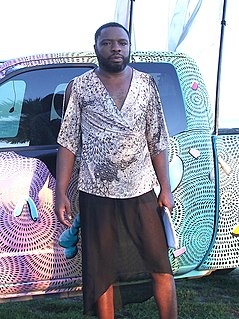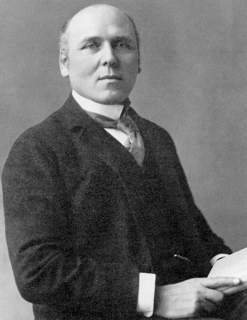A Quote by Douglas Harding
The human mind is not, as philosophers would have you think, a debating hall, but a picture gallery.
Related Quotes
I think one reason is that philosophers are more insecure to speak accessibly because non-philosophers are skeptical that philosophers have any special expertise. After all, all people - not just philosophers - have attitudes and points of view on various philosophical questions, and they rather resent being told that there are professionals who can think about these things better.
The great philosophers of the 17th and 18th centuries did not think that epistemological questions floated free of questions about how the mind works. Those philosophers took a stand on all sorts of questions which nowadays we would classify as questions of psychology, and their views about psychological questions shaped their views about epistemology, as well they should have.
If I am mistaken in my opinion that the human soul is immortal, I willingly err; nor would I have this pleasant error extorted from me; and if, as some minute philosophers suppose, death should deprive me of my being, I need not fear the raillery of those pretended philosophers when they are no more.
It would be very curious to record by means of photographs, not the stage of the picture, but its metamorphoses. Perhaps one would perceive the path taken by the mind in order to put its dreams into a concrete form. But what is really very curious is to observe that fundamentally the picture does not change, that despite appearances the initial vision remains almost intact.








































